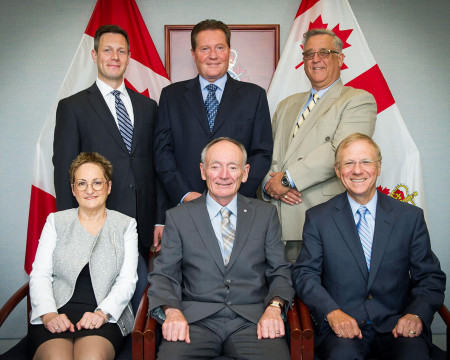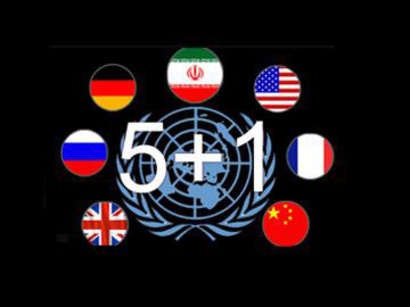The Independent Review Panel for Defence Acquisition (IRDPA) represents the final part of the Defence Procurement Strategy, and is designed to introduce an independent, third party challenge function within the Department of National Defence (DND). The IRDPA’s desired outcome is to impartially assist senior ministers examine and validate requirements and proposals for military procurement projects from the defence industry. Speaking on its inception, Defence Minister Jason Kenney argued that the panel would play a key role in reforming Canada’s troubled defence procurement system. Activated for all procurement projects valued over $100 million, the panel will attempt to head off long term problems by doing an initial, up front assessment of the project, challenging its business, technical and military merit and implications for the existing structure of the Canadian Armed Forces (CAF).
The process plays out in the following steps. As soon as the proposal has been initially examined and approved by the Defence Capabilities Board (DCB), the IRDPA will first look at the Strategic Context Document (SCD), including the High Level Mandatory Requirements (HLMR), which describe a set of capabilities and quality standards that the project under consideration has to meet to remain eligible. Using their combined expertise, the IRDPA will then decide whether to flag or approve the proposal for further consideration by the DND and Ministry of Public Works and Government Services (PWGSC). This stage of the process is meant to catch potential problems early before detailed options analyses begin. If the proposal passes, the IRDPA will then conduct a Business Case Analysis (BCA), evaluating the fiscal reasonability of the proposal through options analyses and a Statement of Operational Requirements (SOR) from the DCB. At any point during this process, should issues be found, the IRDPA can raise issues and concerns with the CAF or DND. These additional engagement stress the role of the IRDPA, to catch issues before they pass on to senior contract and proposal analysis at the PWGSC. The final stage of the IRDPA analysis will be the drafting of a Memorandium of Understanding (MOU) to encapsulate its proposal assessments to the Ministry of National Defence, who will then notify the CAF, PWGSC and DND of the reports conclusion.
Major interests that the IRDPA will be examining during the procurement process are centered on the proposed project and its requirements. The former will be scrutinized for the nature of the CAF’s capability gap and how the project aims to address it, the project’s compatibility with current CAF and key allies’ equipment and systems, and possible disadvantages or shortcoming in the proposed defence solution. The latter will look at the methodology for how the specific HLMR were conceived, their quality, complexity, level of operational effectiveness and alignment with existing HLMR in other CAF systems. To ensure that all levels of the proposal are examined, the IRPDA will be granted full access to all written communication records, including those from project sponsors, DND and CAF members, and the DCB.
The IRDPA is comprised of figures from military, public service and business backgrounds, and is currently chaired by Larry Murray, a former senior public service official and acting Chief of the Canadian Defence Staff. Other members include Martin Gagne, a former Group President with the CAE who now serves as a Director with the Canadian Association of Defence and Security Industries (CADSI), Phillip Lagasse, an associate professor of public and international affairs at the University of Ottawa with extensive background in the defence and procurement fields, and Renée Jolicoeur, the former deputy minister of PWGSC and Director of internal auditing for the CAF. By drawing from such a wide array of expertise, the IRDPA hopes to contribute a valuable, impartial challenge, catching potential quality or oversight issues early on in the approval process and ultimately streamlining Canada’s defence procurement system.





